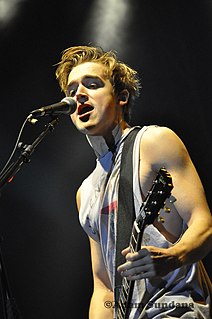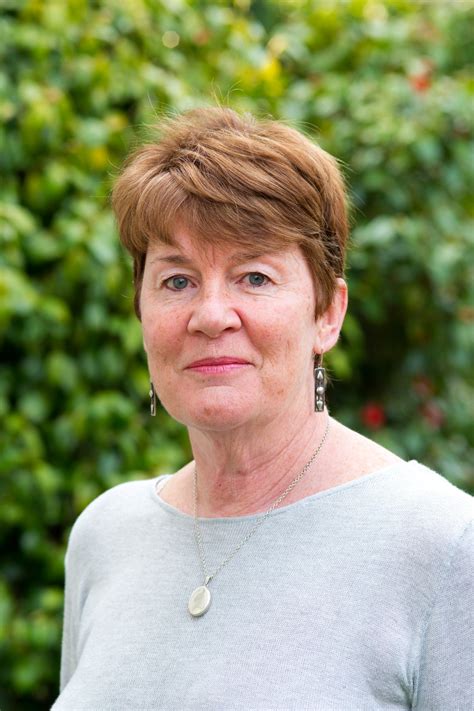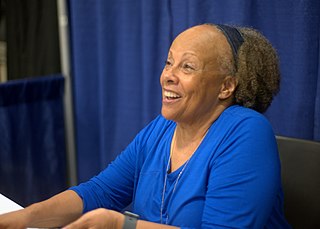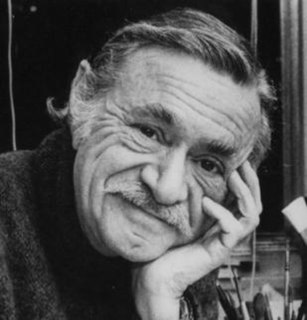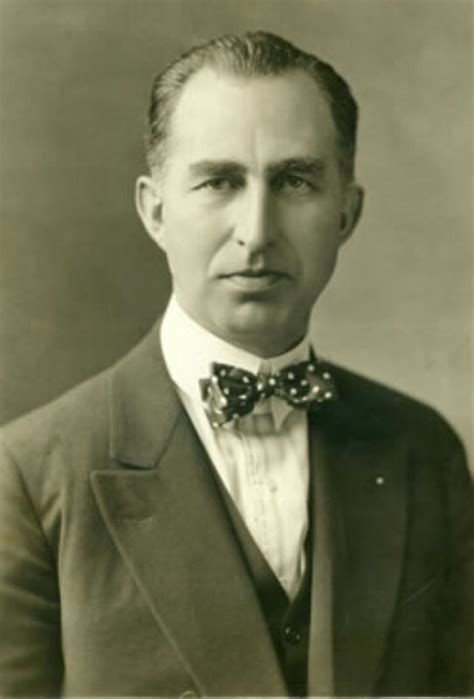A Quote by Tomi Adeyemi
I had a lot of different reasons for writing the book, but at its core was the desire to write for black teenage girls growing up reading books they were absent from. That was my experience as a child. 'Children of Blood and Bone' is a chance to address that. To say you are seen.
Related Quotes
While I was writing the book, one of my children was diagnosed with dyslexia. Dyslexia is a very tiny word for a wide-ranging neurological condition that affects different people in different ways. But I was reading an awful lot about it, to try and find ways of helping my child. I think a lot of fiction comes from this desire to confront unanswerable questions, and it's heartbreaking to see your child, a bright child, struggling so much with something that others are finding so easy. It's such an assault to the child's self-esteem and, as a mother, it's hard to watch.
I don't think that all girls seek the influence of older men, but I think girls whose fathers are absent or recessed from their lives often do. And honestly, when I was growing up, fathers were generally pretty absent from their children's lives. We didn't see a lot of them. That may be something that has genuinely changed for the better in our culture: men are more present for their children now that more women are working.
I don't change the language for children books. I don't make the language simpler. I use words that they might have to look up in the dictionary. The books are shorter, but there's just not that much difference other than that to be honest. And the funny thing is, I have adult writer friends [to whom I would say], "Would you think of writing a children's book?" and they go, "No, God, I wouldn't know how." They're quite intimidated by the concept of it. And when I say to children's books writers, would they write an adult book, they say no because they think they're too good for it.
Have you ever found your heart's desire and then lost it? I had seen myself, a portrait of myself as a reader. My childhood: days home sick from school reading Nancy Drew, forbidden books read secretively late at night. Teenage years reading -trying to read- books I'd heard were important, Naked Lunch, and The Fountainhead, Ulysses and Women in Love... It was as though I had dreamt the perfect lover, who vanished as I woke, leaving me pining and surly.
My mother married again after my father's death - another Royal Air Force officer, and a very different kind of man. We went to Australia when I was eight or nine. We lived there for a couple of years, and then came back and lived in North Wales for the whole of my teenage years... I learned how to write poems quite a lot. I just had a good time reading and reading and reading. So that's where I did most of my growing up.
The success of 'The Widow' meant there were expectations for the second book from the first word, and it has created a completely different writing experience. Not to say I haven't enjoyed writing 'The Child,' but I confess there were times when I felt as if I was wrenching it out of my body with bloodied fingernails!
There were many books in my parents' home. I'm from a family of five children and we were all readers. And so by the time I left home, I had already read many books, and I was very interested in reading more. That was when I started to have the desire to write. But it wasn't like a divine apparition with angels and seraphins on high. Not for me, at least.
I had many reasons for writing this book but among them was the hope that every Latino child and adult would find something familiar in it. And my hope is that when they finish reading the book, that they will come away with a renewed sense of pride in our culture and in who we are. We get a lot of strength from that [culture and identity] and we should be proud of it.
Then began an experience that turned my life around-working on a book with a black kid as hero. None of the manuscripts I'd been illustrating featured any black kids-except for token blacks in the background. My book would have him there simply because he should have been there all along. Years before I had cut from a magazine a strip of photos of a little black boy. I often put them on my studio walls before I'd begun to illustrate children's books. I just loved looking at him. This was the child who would be the hero of my book.
I think I'm still fed by my childhood experience of reading, even though obviously I'm reading many books now and a lot of them are books for children but I feel like childhood reading is this magic window and there's something that you sort of carry for the rest of your life when a book has really changed you as a kid, or affected you, or even made you recognize something about yourself.






